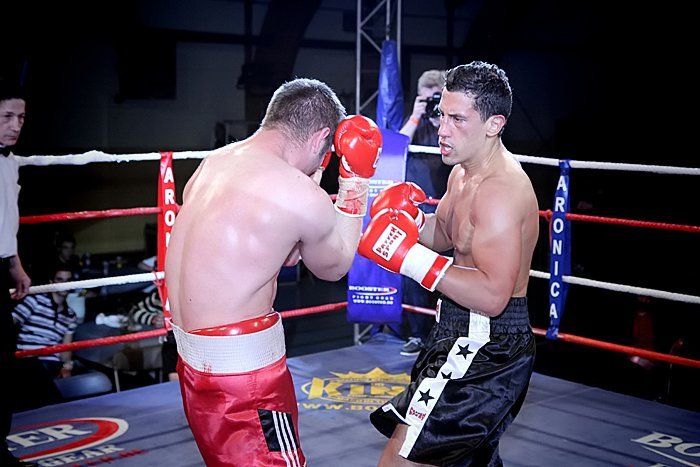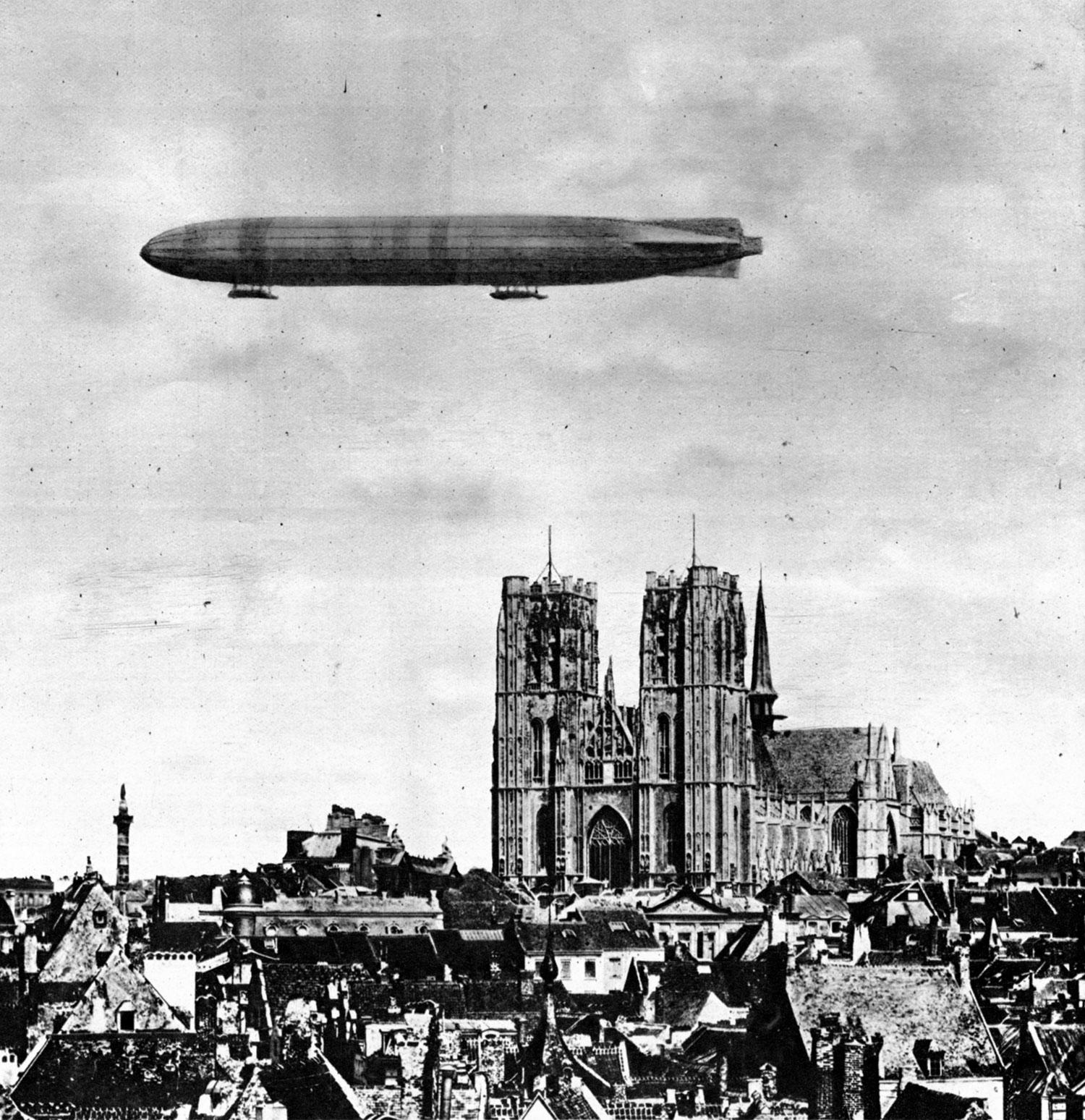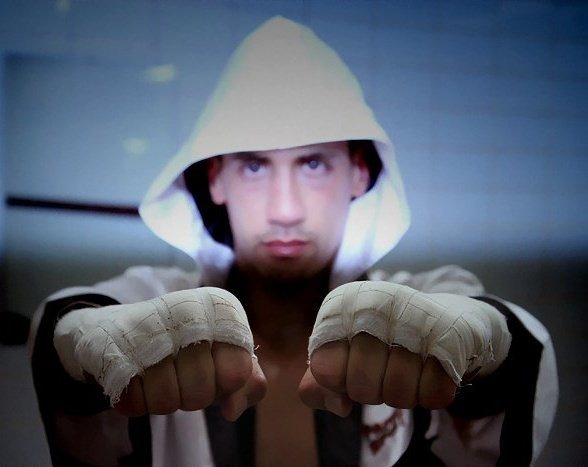Born in Brussels in 1980, Nabil Lahouari is a Brussels based boxer and entrepreneur. With his first boxing training at the relatively old age of 23, he is currently Belgium’s number one ranked boxer in light heavy weight (79 Kg). His professional record stands at 11 victories and one defeat. His objective is the European Championship. Besides boxing, he is also a passionate entrepreneur and has founded his own company within the green tech sector.
Q: Tell us about your upbringing
A: I was born in Brussels in 1980 by parents who came from Morocco. We lived in the Molenbeek area close to Tour & Taxi. Back then it was much more run down than today. I grew up speaking only Arabic at home and there was a clear distinction between home and school. Little by little my integration occurred in school and as French started to become my first language.
Q: Do you think your dual identity has had an impact in your training and career as a boxer.
A: I grew up in a family with a passion for martial art. We watched the classic Bruce Lee and Rocky movies and I was exposed to it from an early age, so that clearly influenced me a lot. I think that rather than my origin, it was the social class which we belonged to, which had a stronger impact on me. The neighborhood could be a bit rough compared to other neighborhoods in Brussels and you had to learn how to fight in order to defend yourself. There were fights among the kids and it created a bit of a competitive atmosphere. We had both real fights and also more playful ones but still very much in the fighting “spirit”. For example, we sometimes staged “mini fight clubs”, just like in the movie. We were pushed to test ourselves against our friends and kids in the block. So I think that is something which influenced more than say, my dual identity. One simply had to fight to succeed.
On the other hand I think that my dual identity has enriched me and still influenced me in many other ways. I speak more languages and am familiar with different cultures. I think I have had to also overcome more challenges to prove myself in the Belgian society as there are people with lots of stereotypes against people with different backgrounds.
Q. How did your career in boxing start?
A: I started boxing when I was 23 and it was actually mostly for fun and to keep myself fit in the beginning. Before boxing, I had played basketball for many years at a high level. But I eventually got tired from the sport and wanted to find something else to keep myself busy. Quite early on, my coach asked me if I wanted to do a fight, so already after 6 months I was in my first amateur fight, which I won. People in the industry who watched it told me that it was the best first fight of an amateur that they had seen. However, looking back I wouldn’t say I have any specific talent. It was rather the fact that I was surrounded by such good boxers at the gym and thanks to my coach, Jean-Claude Magenge, who that year managed to “make” 6 Belgian champions in various weight classes from our gym.
I kept on doing more amateur fights and just fell in love with the sport. Eventually there was no one left to fight in the amateur category, so I moved up to professional boxing. Today I get invited to tournaments abroad, often with big prize money involved. However I don’t box for the money and I would never risk my health for money. I do it simply because I love the sport and I will keep boxing as long as I enjoy it.
Q: Are you proud to represent Belgium?
A: I haven’t fought abroad often but my goal is to do the European Championship and I’ll be proud to represent Belgium. I also have my Moroccan origins and feel like I belong to both cultures. If I would fight in single pro fights, I guess I would maybe wear both flags on my shorts.
Q Where do you draw your inspiration from?
A: When I was young, my uncle Rachid Yasini was a great source of motivation and inspiration to me. He instilled the values of sport from an early age. It was also he who gave me my first boxing gloves during my first year of boxing and motivated me a lot.
Then I also of course watch other fighters. I admire Oscar de la Hoya. I like his style, the technique, his elegance, his mastery of the so called “sweet science of boxing” rather than the knock out aspect of it. I observe my opponents a lot and I approach it as a chess game that needs to be solved.
Q: How do you explain your success?
A: Determination. When I like something I do it all the way. It might not be due to talent, rather pure determination and hard work. Observation is also very important. I think I am different to many of my opponents in that I have a habit to analyse and observe. I reflect a lot on what to do, not just in boxing but in all aspects of everyday life. 
Q: How do you approach training and boxing and what goes on inside your mind?
A: The training is a good way to stay in shape. The training also has good side effects in my life and brings lots of positive energy. It makes me feel good to be in my “skin”. Since the beginning I just continued approach it the same way and have seen the evolution come naturally after 10 years of training.
Before a fight I get a bit nervous. It’s always there even with many fights behind me by now. I therefore often start out a bit slow to feel out the opponent, to understand his style and to also pace myself. I prefer to increase the tempo as the fight progresses rather than the other way around.
Q: How do you deal with defeat and adversity?
A: The last and only defeat which I had was last year. I didn’t manage the loss well as I wasn’t used to it and it raised many questions in my mind. I know however that I didn’t approach and prepare well for the fight. I took it too easy and was sloppy in my training and I even came late to the gala. I try to learn from it and it definitely taught me to never leave out any details or leave anything to chance. It’s a mistake which I’ll never do again.
Q: What does it take to be a champion?
A: 100% engagement. You have to work hard - work ethic is important. Also, to have an attitude of never giving up. In one of my last fights I was up against the number 1 fighter in Holland. It was the fight after my defeat and took place in his home country. The fight was relatively even but he might have been ahead on points and the home crowd advantage. I finally won that fight on the very last second of the last round by a knock out. So it became my motto, to fight until the very end.
Q: What’s your next goal to achieve in your boxing career?
A: For now the next fight takes place on 26 September at an international gala that will gather the best Belgian boxers. I’m fighting an undefeated Slovakian boxer in the light heavy weight division.
Because I sometimes get called unexpectedly to fight abroad on short notice, I need to always be prepared and in good shape so I brought in one of the best fitness coaches in Belgium, Alaa Eddine Rahim who helps me to reach my objectives.
Ultimately me and my manager Alain Vanackere have the ambition to take part in the European Championship. I don’t know what it will give but I’ll come prepared and I’ll fight until the last second.
By Boré Kedober
The mindset of a champion: Interview with Nabil Lahouari

Nabil Lahouari
Copyright © 2024 The Brussels Times. All Rights Reserved.
